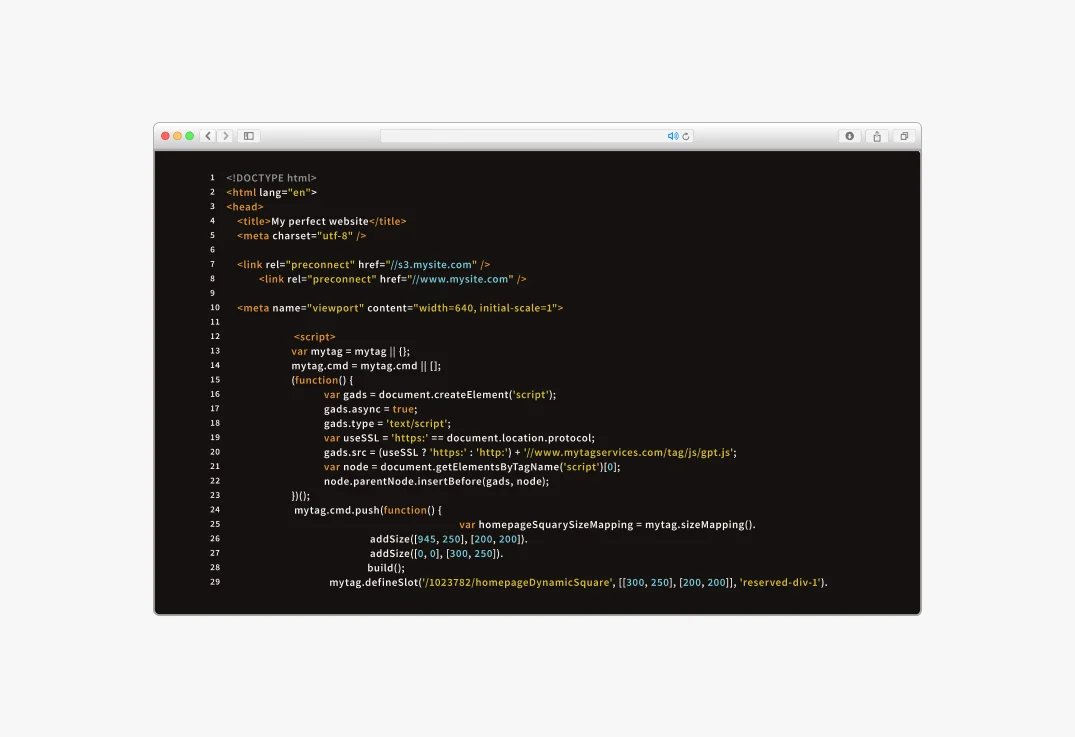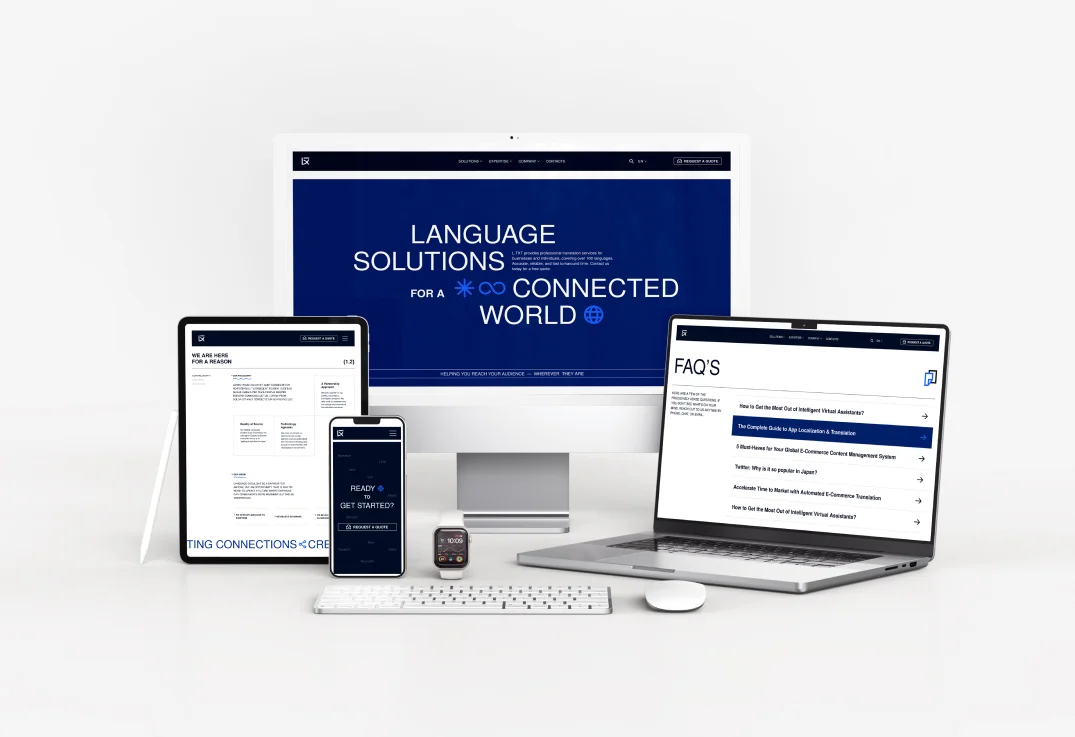As is widely known, it is extremely difficult to market a business online without a web presence.
While social media profiles might suffice in some niches, most businesses need a website to showcase their services or products to users. Depending on the type of business, it may require the development of a landing page, online business card, online store, catalog or other type of resource that meets the goals and requirements of the entrepreneur.
What does a website represent?
Creating a website is a standalone process. There are specific nuances that form the foundation of development, but some customers hesitate to ask freelancers or in-house developers questions for fear of appearing uninformed. On the other hand, creating an online resource is a crucial step in business development that determines future profits. Even those with little to no programming knowledge need to engage with the topic to succeed.

What is a website?
The most important question to answer for understanding is: What is a website? A website is a collection of pages – directories filled with files. These files contain images, fonts, icons, HTML pages, CSS styles, and JavaScript scripts. The HTML code structures the page, defining areas for text, videos, images, forms, and interactive elements. Next, CSS styles are applied, setting colors, fonts, sizes, spacing, backgrounds, and more. The process is completed with JavaScript scripts that enable the page’s animations. With their help, everything moves, flickers, and captures the visitors’ attention. If the sequence HTML → CSS → JavaScript is implemented correctly, the page is finished or, as the developers say, “designed”.
To keep the website running, it is hosted on a server on the internet. This is the finished website. The user interacts with it through a browser, which reads the information from the directories and displays it on the screen. Since users employ various browsers, cross-browser compatibility is a crucial aspect for any website — it must look consistent regardless of the software used.

Efficient web development with content management systems (CMS)
The second aspect: websites, except landing pages, are usually multi-page and the administrator often needs to quickly edit or add new pages without the need for programming knowledge. Or different types of interactions need to be set up, such as email, applications, catalogs, shopping carts, widgets, product exports, and etc. This is why many websites are developed with content management systems (CMS). Ready-made CMSs greatly simplify the management of online resources and allow people who have little or no programming knowledge to do so.
Nevertheless, a website is a collection of pages, regardless of the type of development, and pages are directories of files. HTML + CSS + JavaScript are required for them to function correctly. That is the most important thing.

What does it take for a website to function?
In a nutshell — storage space, a network address, and an engine. Let’s dive into the details.

Server and hosting
The server is used to store the pages, and hosting allows users to access them. Could you host a website on a personal computer? — you might ask. At first glance, this might seem like a simple solution, but will your PC be connected to the internet 24/7, will its performance be sufficient to act as a server, and will the bandwidth be adequate? For stable website operation, it is recommended to choose a reliable hosting provider that can offer sufficient storage space with the necessary features. You’ve surely seen the image of a flying UFO with the caption ‘Website not reachable.’ This happens when the hosting services are of poor quality or have not been paid for.
Network address
The domain is the online address where users can find and visit the resource on the internet. Think of your website as an apartment, the hosting as the building it resides in, and the domain as the apartment number. As a rule, hosters also offer domain name registration, which means that you can order hosting and a domain at the same time.
Engine
For most multi-page websites, ready-made CMS like OpenCart, WordPress, or cloud-based SaaS builders like Jimdo, Wix, Webareal, and InSales are commonly used. These are often rented and function as long as the business owner pays the subscription fee. In some cases, custom engines are developed when non-standard, unique solutions are required.
In summary
It doesn’t matter what type of web resource you have: Landing page, online business card, catalog, marketplace, online store, portal — what matters is what you expect from it and how you use it. A website can be considered ideal when it is in its place and functions flawlessly in practice. When developing websites or web portals, a clear focus on the individual needs and goals of the company is crucial. By properly implementing HTML, CSS, and JavaScript, and carefully selecting hosting and domain services, a website can become an effective platform for interacting with customers and presenting products and services. At the same time, using Content Management Systems (CMS) offers the possibility to manage the website without in-depth technical knowledge. In an increasingly digital world, a website serves as the company’s flagship, playing a crucial role in attracting new customers and boosting brand awareness.




